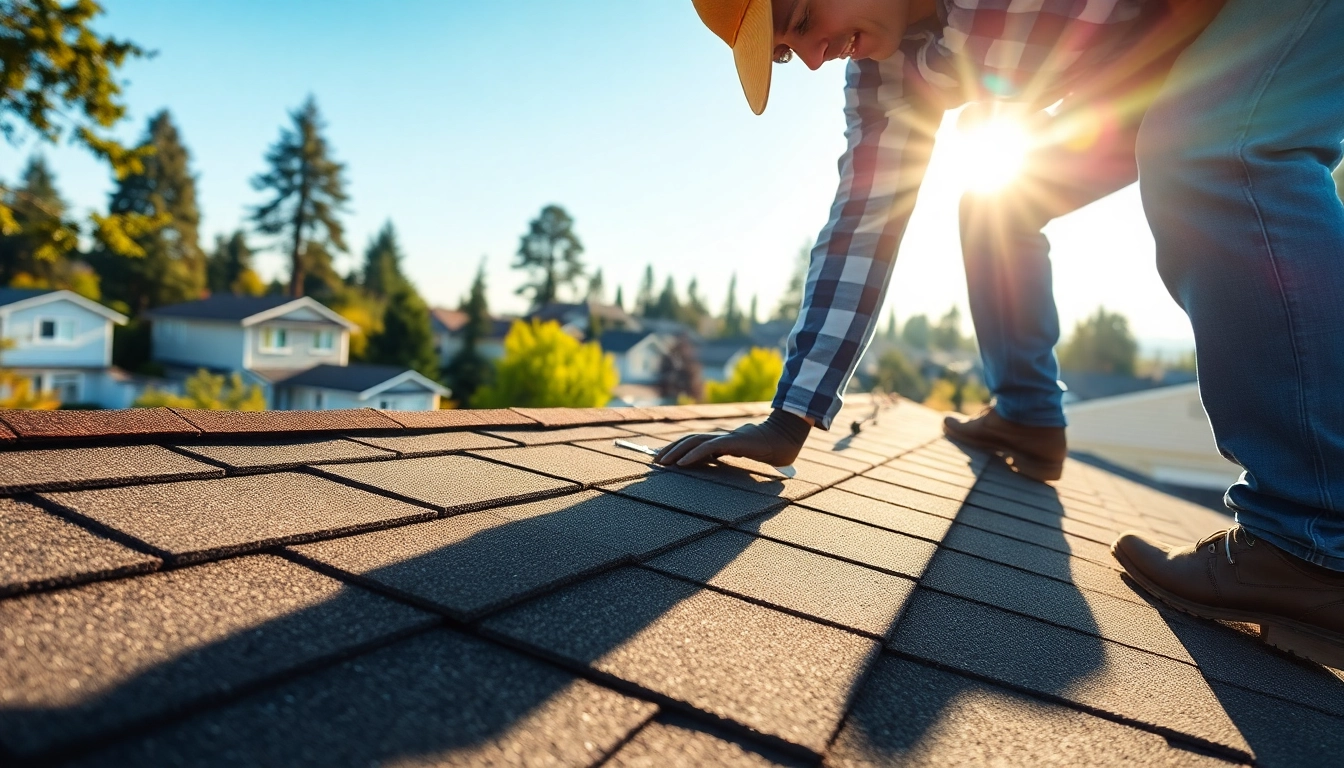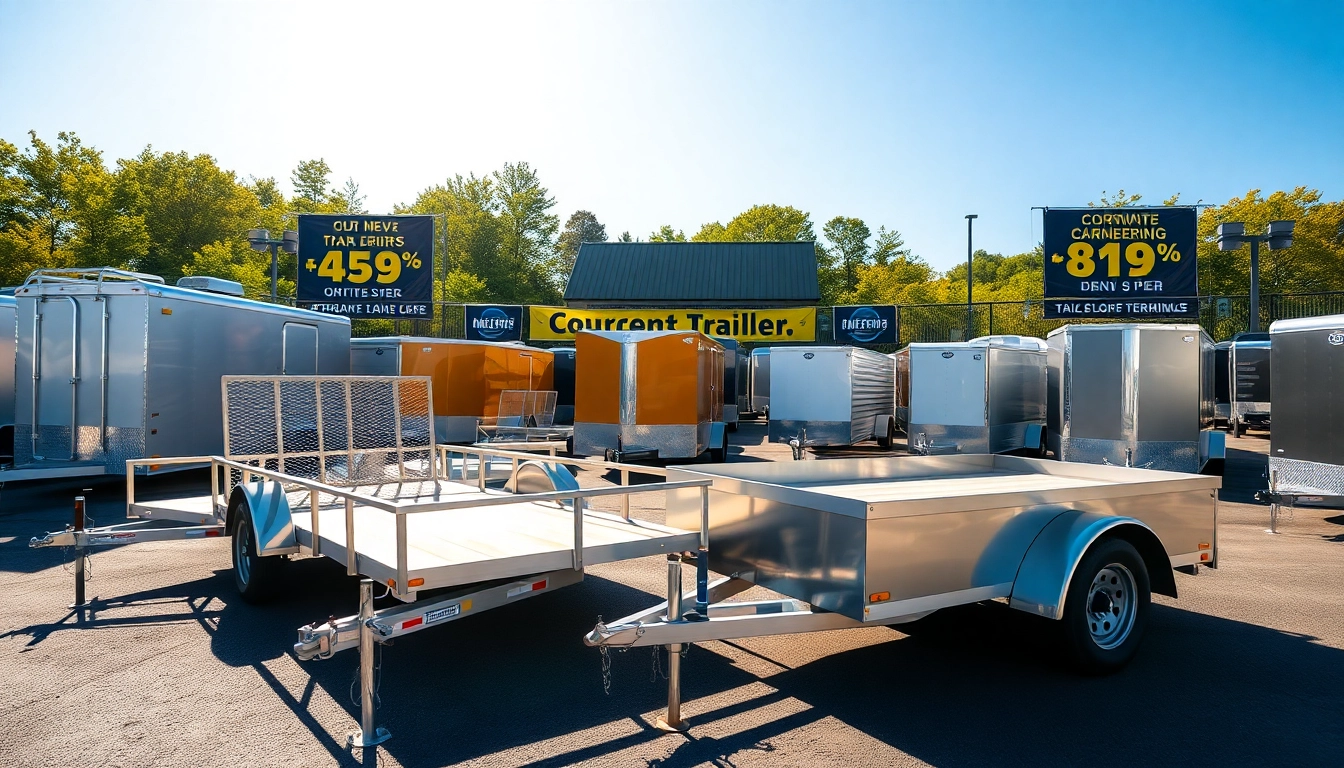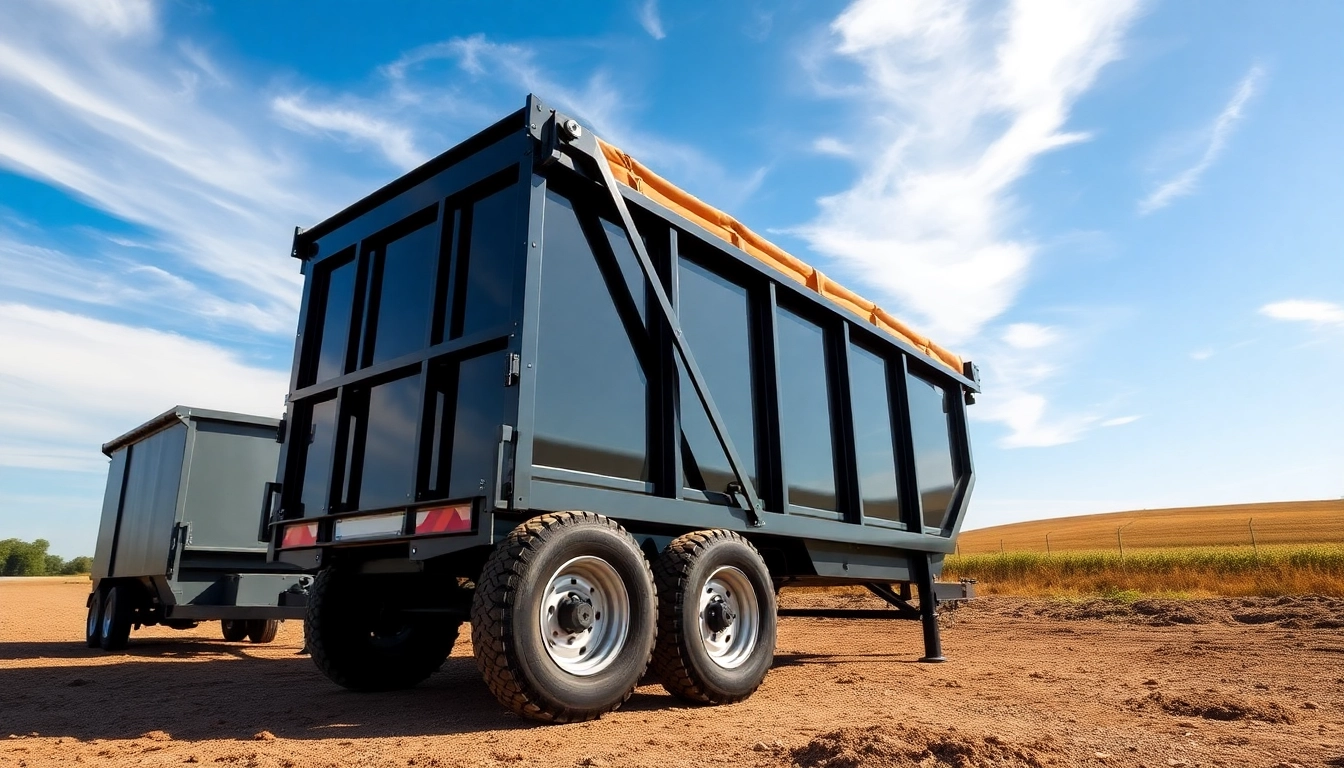
Understanding Roofing Vancouver Wa
Roofing is an essential aspect of any home, and understanding its importance is crucial for homeowners. Whether you’re building a new home, replacing an old roof, or simply maintaining your current structure, it’s essential to consider the factors that influence your roofing choice, especially in areas like Vancouver, WA, where diverse weather conditions prevail. Proper roofing impacts energy efficiency, home aesthetic, and overall structural integrity.
When researching options for Roofing Vancouver Wa, it’s important to analyze the various elements that contribute to a quality roofing experience. With this in mind, let’s delve into the significance of quality roofing.
The Importance of Quality Roofing
Quality roofing protects your home from the elements, supports energy efficiency, and contributes to the overall value of your property. A well-installed roof not only keeps out rain and snow but also facilitates proper ventilation to regulate indoor temperatures. Poor-quality roofing materials or installation can lead to leaks, drafts, and mold growth, resulting in costly repairs and health issues.
Furthermore, a robust roofing system enhances curb appeal, which is crucial for retaining or increasing property values. Potential buyers look for homes with well-maintained roofs, contributing to a quicker sale at a better price.
Common Roofing Materials Used
In Vancouver, WA, homeowners have access to various roofing materials, each offering distinct benefits and aesthetic appeal. Some of the most popular materials include:
- Asphalt Shingles: This is the most common roofing material in North America due to its affordability and ease of installation. Available in various colors and styles, asphalt shingles offer moderate durability and can last 15-30 years.
- Metal Roofing: Known for its resilience and longevity, metal roofs can last over 50 years. They are energy efficient and can reflect solar heat. Although more expensive than asphalt, their life span and minimal maintenance needs make them a wise investment.
- Tile Roofing: Often seen in Mediterranean-style homes, tile roofs are aesthetically pleasing and durable, made from clay or concrete. They can withstand harsh weather and can last over 50 years with proper care.
- Slate Roofing: Slate is a premium material known for its unique look and durability. It can last over a century when installed correctly, making it an attractive option for luxury homes.
- Wood Shingles and Shakes: Wood can provide a natural aesthetic that some homeowners desire. While beautiful, wood can be less durable than other materials and requires regular maintenance to avoid rot and insect infestations.
Climate Considerations for Roofing Choices
Vancouver, WA, experiences a temperate marine climate characterized by wet winters and dry summers. Therefore, choosing roofing materials that can withstand heavy rain, moisture, and potential snow is crucial. Additionally, homes may benefit from materials like metal or asphalt that can handle the humidity typical in this region without compromising their structural integrity.
As the weather can drastically vary throughout the year, it’s also important to consider roofing systems that allow for adequate ventilation and insulation, enhancing energy efficiency while reducing heating and cooling costs.
Finding Top Roofing Services in Vancouver Wa
Selecting a trustworthy roofing service is vital for ensuring that your roofing needs are met effectively. With numerous contractors available, understanding how to evaluate and choose the right one can save you significant time and money.
Evaluating Roofing Contractors
When searching for roofing services, consider these critical evaluation criteria:
- Licensing and Insurance: Verify that the contractor is licensed and insured, which protects you from liability in the event of accidents during the roofing process.
- Experience and References: Look for contractors with established reputations. Ask for references, and read online reviews to understand their previous work and customer satisfaction levels.
- Warranty Offers: Reliable contractors often provide warranties on both materials and labor. A solid warranty demonstrates confidence in their work and protects you should any issues arise post-installation.
- Detailed Estimates: Ensure the contractor provides written estimates that outline labor, materials, and potential extra costs. This transparency helps avoid unexpected expenses down the line.
Questions to Ask Your Roofer
Engaging potential contractors in conversation can provide valuable insights into their operations. Here are essential questions you should ask:
- What roofing materials do you recommend for my specific home and budget?
- How do you handle unexpected issues that may arise during the project?
- Can you provide a timeline for the project completion?
- Are you familiar with the local building codes and regulations?
- Will you be conducting the installation, or will subcontractors be utilized?
Reading Customer Reviews Effectively
Customer reviews can serve as valuable resources when evaluating roofing contractors. However, it is essential to read them critically:
- Look for patterns in the reviews. A few negative comments among many positive reviews may not be a red flag if the rest reflect quality service.
- Pay attention to how contractors respond to negative reviews. Prompt and professional responses can indicate a commitment to customer satisfaction.
- Explore multiple platforms, including Google, Yelp, and Better Business Bureau, to gain a comprehensive understanding of the company’s reputation.
Cost Factors in Roofing Vancouver Wa
The cost of roofing can vary significantly based on materials, labor, and other factors. Understanding these cost components is crucial for budgeting your roofing project effectively.
Average Roofing Costs Explained
Roofing costs in Vancouver, WA, typically range from $5,000 to $15,000, depending on the factors at play. An average new roof might cost between $7,500 and $10,000 for most homes. Here are components influencing these costs:
- Material: Different roofing materials carry different price points, with asphalt shingles generally being the least expensive and slate roofs being the most costly.
- Roof Size: The larger your home’s footprint, the higher the cost, as materials and labor will increase proportionately.
- Complexity: Roofs that require intricate installations, unique designs, or repairs will incur higher labor costs.
- Access and Location: Homes in difficult-to-access areas may face surcharges due to labor and transportation needs.
Factors Affecting Roofing Prices
Several intertwined factors can impact roofing prices that extend beyond the standard breakdown:
- Time of Year: Roofing demand may peak during warmer months, potentially driving up costs. Conversely, roofing during off-peak seasons may yield lower prices.
- Roofing System Type: Systems with advanced features like ventilation, waterproofing, or insulation may require specialized materials and contribute to higher costs.
- Labor Costs: The skill level of laborers and regional wage standards will significantly influence the overall cost.
Financing Options for Roofing Projects
Given the potentially steep costs associated with roofing, many homeowners explore financing options. Here are a few avenues to consider:
- Personal Loans: Many banks and credit unions offer personal loans that can help distribute costs over time.
- Home Equity Loans: Utilizing home equity can provide access to lower-interest funding options for roofing projects.
- Contractor Financing Plans: Some roofing contractors offer in-house financing, allowing you to spread payments over time within established agreements.
Maintenance Tips for Roofing Vancouver Wa
Proper maintenance is integral to maximizing the longevity and performance of your roof. Regular inspections and upkeep can stave off significant issues down the line.
Seasonal Maintenance Checklist
Maintaining your roof involves consistent checks, particularly with changing seasons. Here’s a seasonal maintenance checklist for homeowners in Vancouver, WA:
- Spring: Check for debris accumulation, inspect for winter damage, and ensure gutters and downspouts are clear.
- Summer: Examine the roof for signs of wear, check flashing and seals, and ensure no trees are too close to the roof.
- Fall: Clear leaves from the roof, inspect gutters, and prepare for winter conditions by fixing any identified issues.
- Winter: Monitor for ice dams and icicles which may indicate a lack of insulation.
Signs Your Roof Needs Repairs
Recognizing early signs of potential roof issues can save homeowners significant expenses. Watch for the following:
- Visible leaks or water stains indoors
- Missing or damaged shingles
- Overgrown moss or algae along the roofing surface
- Soft spots or sagging in the roof
Best Practices for Roof Longevity
Implementing best practices can significantly enhance the life of your roof:
- Schedule regular professional inspections to assess the roof’s condition.
- Keep trees trimmed and sufficiently away from your roofing structure.
- Use moisture-resistant materials in the areas prone to water accumulation.
- Invest in quality roofing materials and professional installation.
Innovations in Roofing Technology
Technology continues to evolve in the roofing industry, bringing forth innovative solutions that combine aesthetics, functionality, and sustainability.
Eco-Friendly Roofing Solutions
Many new roofing solutions prioritize sustainability, appealing to environmentally conscious homeowners. Eco-friendly options include:
- Recycled Roofing Materials: Products made from recycled materials offer an environmental edge without sacrificing quality.
- Sustainable Shingle Options: Some manufacturers produce shingles using renewable resources, reducing environmental impact.
- Cool Roofing Systems: Cool roofing reflects sunlight, reducing heat absorption and lowering energy costs.
Energy-Efficient Roofing Systems
Modern energy-efficient roofing systems promote lower energy usage. Techniques include:
- Proper Insulation: Ensuring adequate insulation can mitigate energy loss, contributing to improved HVAC performance.
- Reflective Coatings: Applying reflective coatings to existing roofs can improve energy efficiency and reduce cooling costs.
- Smart Roof Technology: Smart tiles can manage temperature and airflow, further optimizing home energy consumption.
The Future of Roofing Materials
The future of roofing looks promising, with ongoing research and innovations that enhance durability, aesthetics, and eco-friendliness. Anticipated advancements include:
- Integration of solar technology into conventional roofing materials.
- Development of self-healing roofing materials that mend minor damages over time.
- Greater emphasis on modular roofing systems that streamline installation and repair processes.






